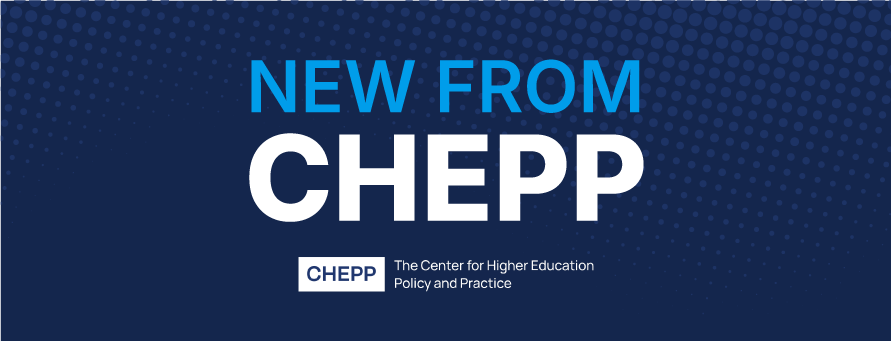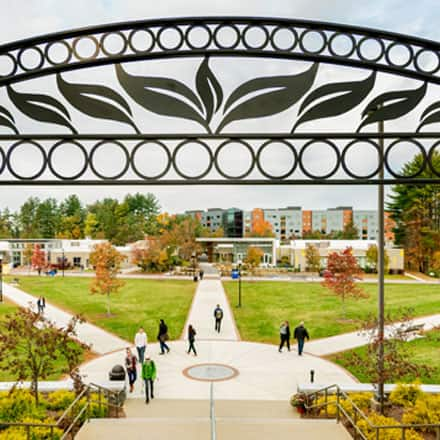CHEPP Releases Fact Sheet on Learner-Centered Higher Education

The Center for Higher Education Policy and Practice (CHEPP) at SNHU has released a new fact sheet, Increasing Success Through Learner-Centered Design. The resource emphasizes the need for learner-centered design by highlighting the changing profile of today’s learners, many of whom are older, financially independent, working while enrolled, or balancing family responsibilities. The fact sheet also outlines the barriers students face, including rising costs, rigid course schedules, and a fragmented credit transfer system.
Despite those realities for today’s learners, higher education often continues to rely on a traditional model designed for full-time, on-campus students. To address this issue, CHEPP calls for institutions and policymakers to advance solutions focused on affordability, flexible formats, streamlined pathways, and strong supports that help learners succeed in completing their credentials or degrees.
CHEPP developed a learner-centered design framework to assist policymakers and practitioners in their efforts to center learners in higher education.

By presenting the lived experiences of today’s learners, CHEPP often develops fact sheets, research and reports to help decision-makers understand the systemic changes needed to make higher education more equitable and accessible for today’s learners.
Read the latest fact sheet and find more resources on the CHEPP website.
Siobhan Lopez is a former journalist, who is now the director of media relations at Southern New Hampshire University.
Explore more content like this article

SNHU Advances Workforce Skilling with New Professional Skills Microcredentials

SNHU’s Dr. Kevin Wright Recognized as ACPA Foundation Diamond Honoree

SNHU Launches Innovative 3-Year Business Degree as Part of New Campus-Based Program Expansion
About Southern New Hampshire University

SNHU is a nonprofit, accredited university with a mission to make high-quality education more accessible and affordable for everyone.
Founded in 1932, and online since 1995, we’ve helped countless students reach their goals with flexible, career-focused programs. Our 300-acre campus in Manchester, NH is home to over 3,000 students, and we serve over 135,000 students online. Visit our about SNHU page to learn more about our mission, accreditations, leadership team, national recognitions and awards.

